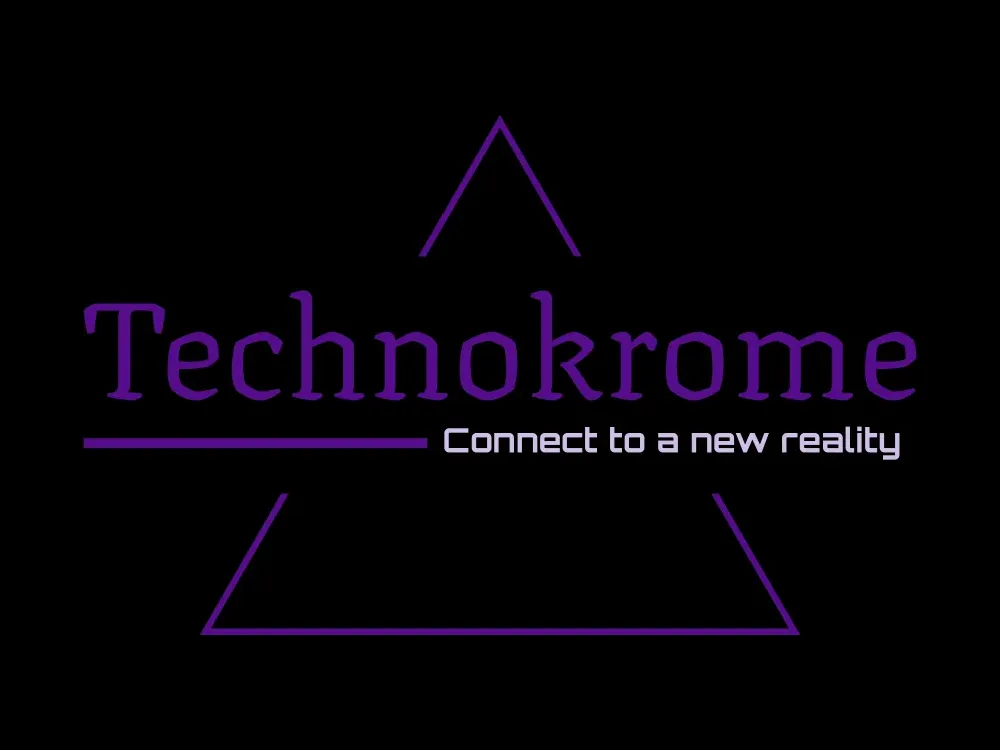According to reports, a federal judge in the United States has approved the acquisition of a virtual reality business by software giant Meta.
Judge Edward Davila of the U.S. District Court for the Northern District of California rejected the Federal Trade Commission’s request for an injunction on February 1st, which sought to prevent Meta from acquiring VR company Within.
The decision was a result of a case the FTC brought in July against Meta and its CEO, Mark Zuckerberg.
By trying to prevent Meta from acquiring Within and its fitness program, Supernatural, the FTC hoped to prevent the firm from attaining its objective of controlling the entire metaverse.
Before changing its name to Meta, Facebook was the target of a similar FTC complaint for purchasing Instagram in 2012 and WhatsApp in 2014.
The messaging and photo-sharing apps were prospective competitors to Facebook’s Messenger app and social media platform, and the FTC accused the firm of suppressing innovation by buying its rivals.

Zuckerberg has been outspoken about Meta’s aspirations for the metaverse.
In a November interview, he said that any skepticism the corporation may have had about its metaverse plan was being “powered through” by the business.
Although Meta reported losses of $3.67 billion during the third quarter of 2022, the firm anticipates losses to rise in 2023.
If the FTC decides not to challenge the current decision, Meta will probably be able to acquire other businesses that provide services or goods associated with the Metaverse and incorporate them under its corporate umbrella as opposed to having them function as competitors.
The FTC has one week to appeal Judge Davila’s ruling.
What exactly is the FTC?

In the US, competition is regulated by the Federal Trade Commission (FTC), which is also in charge of safeguarding consumers from anti-competitive behaviour. The FTC has shifted its attention in recent years to huge software businesses and their potential to dominate whole markets.
The FTC uses a range of methods and strategies, such as consumer protection laws and antitrust enforcement, to control these businesses.
For instance, it may look into a business for engaging in anti-competitive behaviour, such as price fixing, tying arrangements, or exclusionary conduct, and take steps to stop such activities from continuing.
The Commission collaborates with other organisations and authorities to foster competition in the software business in addition to taking enforcement actions. To identify and address anti-competitive activities and promote a just and competitive market for consumers, this involves working with state attorneys general, academic institutions, and consumer advocacy groups.
The agency also oversees significant software businesses through mergers and acquisitions. It evaluates M&As that may result in significant market dominance and may impose conditions on them – such as divestitures, in order to maintain competition.
Last but not least, the FTC encourages competition in the software sector through advocacy and instruction.
This involves disseminating guidelines, best practises, and other resources to assist businesses in understanding their legal provisions with respect to competition and foster innovation in the software sector.
In essence, the Commission is critical to regulating sizable software companies and preserving competition in the sector.
It also aims to guarantee that consumers have access to cutting-edge and competitive goods and services through a combination of enforcement actions, collaboration with other agencies, mergers and acquisitions evaluation, advocacy, and education.





